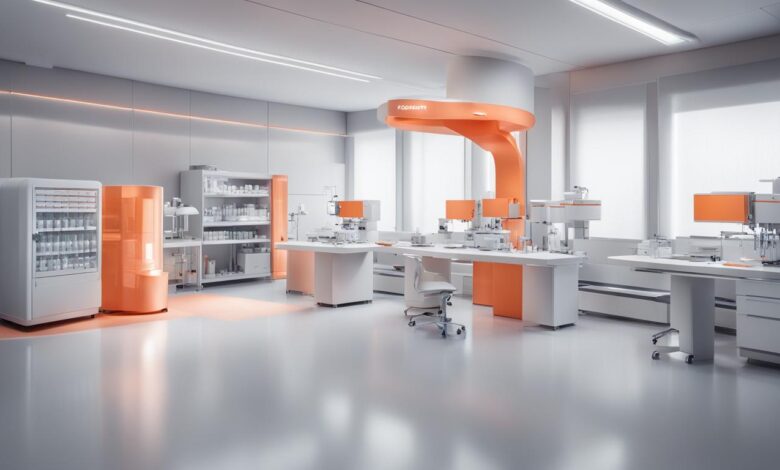New ‘Liquid Biopsy’ Blood Test Predicts Breast Cancer Recurrence Years in Advance

A groundbreaking blood test developed by researchers at the Institute of Cancer Research in London can predict breast cancer recurrence up to three and a half years earlier than conventional scans, potentially leading to life-saving treatment. The test, using whole genome sequencing to detect circulating tumour DNA, showed 100% accuracy in identifying patients at risk of relapse, heralding a new era in post-treatment monitoring and intervention.
A new blood test has been shown to predict the recurrence of breast cancer years before it appears on conventional scans, enabling earlier and potentially life-saving treatment. The “liquid biopsy” test, developed by researchers at the Institute of Cancer Research (ICR) in London and presented at the American Society of Clinical Oncology conference in Chicago, uses whole genome sequencing to detect 1,800 mutations in circulating tumour DNA (ctDNA) in the bloodstream.
The trial, involving 74 women with early breast cancer, found that the test could predict with 100% accuracy which patients would experience a relapse, often up to three and a half years before it could be detected through traditional scanning methods. Blood samples were taken at diagnosis, post-surgery, and post-chemotherapy, and monitored regularly for up to five years.
The study highlighted that all patients who showed ctDNA post-treatment had a higher risk of relapse and poorer survival rates. Conversely, none of the patients without ctDNA detected in their blood relapsed. This advanced prediction method is significantly more sensitive than previous tests, which typically only screen for 16 to 50 mutations.
Lead researcher Dr. Isaac Garcia-Murillas emphasized that this could revolutionize post-treatment monitoring and enhance early intervention. The study also reported that further research is being conducted to assess if prompt treatment upon detecting signs of recurrence could prevent the disease from becoming incurable.
Researchers and experts have hailed this development as a significant advancement in the fight against breast cancer, offering hope for better survival rates and improved patient outcomes.








